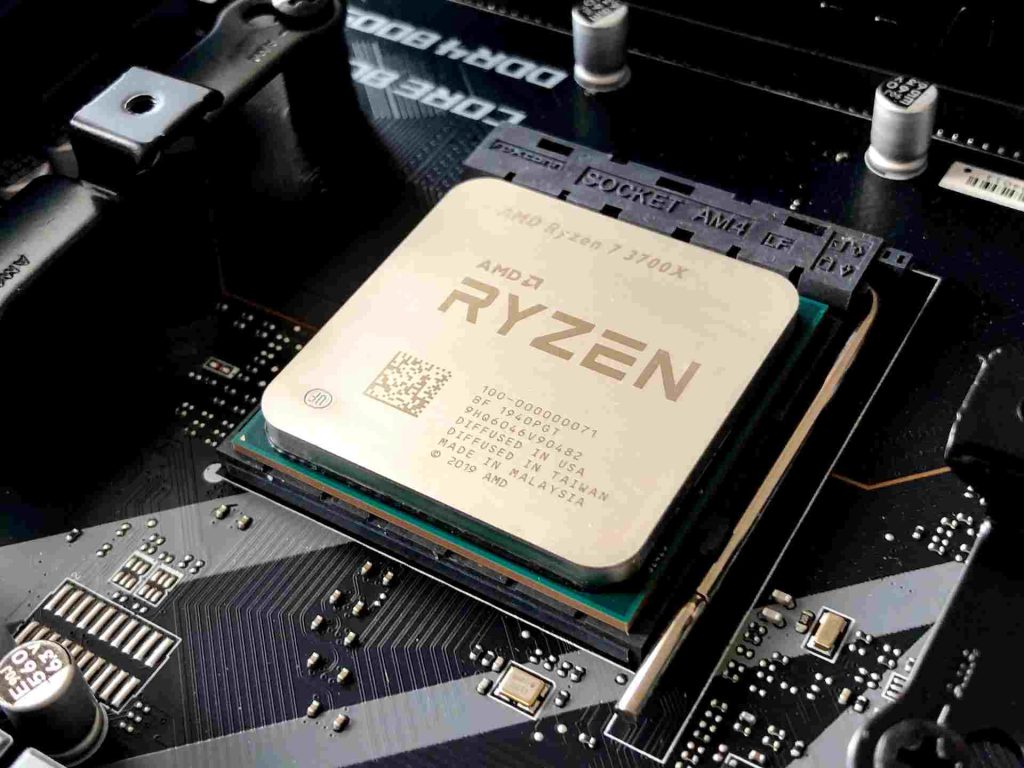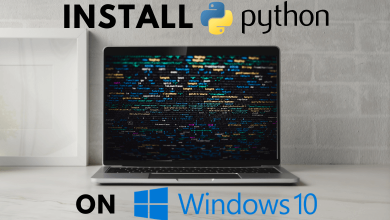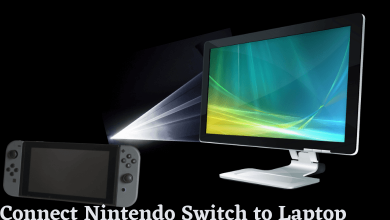Building your own gaming PC can be a challenging thing, to be honest, especially when you consider the fact that there are so many parts that have to go well together, resulting in countless different spec combinations. Becoming overwhelmed about what parts to use is quite common, leading to mistakes being committed.
So, if you are trying to figure out how to find out which CPU is compatible with your motherboard, this post is for you. Today, we are going to help you sort things out, and you will be all done in absolutely no time. So, let’s not waste time and have a look because, again, this is an important aspect that we simply cannot ignore.

Whether you are looking for a motherboard for Ryzen 5 5600X or Intel Core i5-13600K, it is important to be sure that the compatibility is there. Ideally, I would always suggest that you check for compatibility before buying the motherboard or the CPU because your expectations might be different than what the reality is.
Still, people end up making mistakes every now and then, and although these mistakes are not as common as they used to be, they are still better to be avoided. Right now, we are going to take a look at how to find which CPU is compatible with your motherboard.
The first thing to note is that both Intel and AMD sockets are different; therefore, you cannot go ahead and benefit from any sort of cross-compatibility. If you are building an Intel-based PC, then the modern sockets are as follows.
- LGA 1151
- LGA 1150
- LGA 1200
- LGA 1700
These sockets mean that you will have to get a CPU that corresponds to these sockets. However, a lot of time, a single socket can be compatible with up to two CPU generations. For instance, LGA 1700, the latest Intel socket, is compatible with both 12 and 13th-generation processors. It is not as tricky as it might sound, but a quick Google search can still ease up a lot of confusion.
For AMD processors, you are looking at a rather easy time determining compatibility. For instance, the consumer-grade AMD sockets are:
- AM4
- AM5
But how do I tell which CPU is compatible with which socket? Well, this is where it gets interesting. All AMD Ryzen processors starting from Ryzen 1000 series all the way up to Ryzen 5000 series, are going to run on the AM4 socket. As for the new Ryzen 7000 series, you are going to need a motherboard with an AM5 socket.
BIOS Support is Also Mandatory
This is where things are a bit complicated for users. More often than not, when a motherboard manufacturer has to ensure that newer processors are compatible with older motherboards because of them having the same socket, they issue a new BIOS update that allows for newer processors to be used on older motherboards.
It is mandatory that you keep the BIOS of your motherboard up to date because installing a CPU on a motherboard with outdated BIOS will result in your computer not POSTing despite getting power. In such a case, you will have to install an older, compatible CPU, update the BIOS, and then reinstall the newer CPU.
Conclusion
Finding out which CPU is compatible with your motherboard should not really be an issue, to be honest. However, a lot of people who have little to no idea about building a new PC can easily get confused as to what needs to be done.
With this post, we have tried our best to clear out any confusions that people might have about CPU and motherboard compatibility. It is no longer a slippery slope like it used to be. So, if you do want to go ahead and be sure that you are picking the right CPU for your motherboard, be sure to refer to this guide. We also have another guide that will help you ensure that all your PC parts are compatible with each other for the best possible experience.



